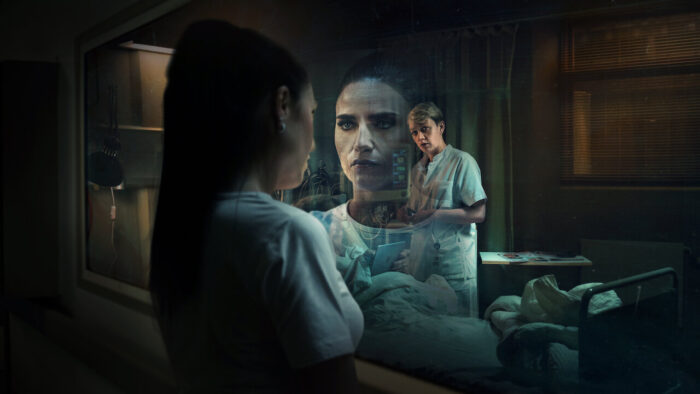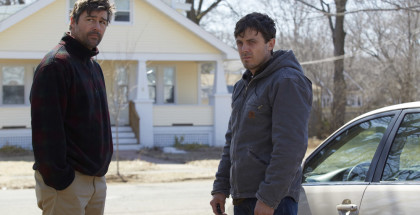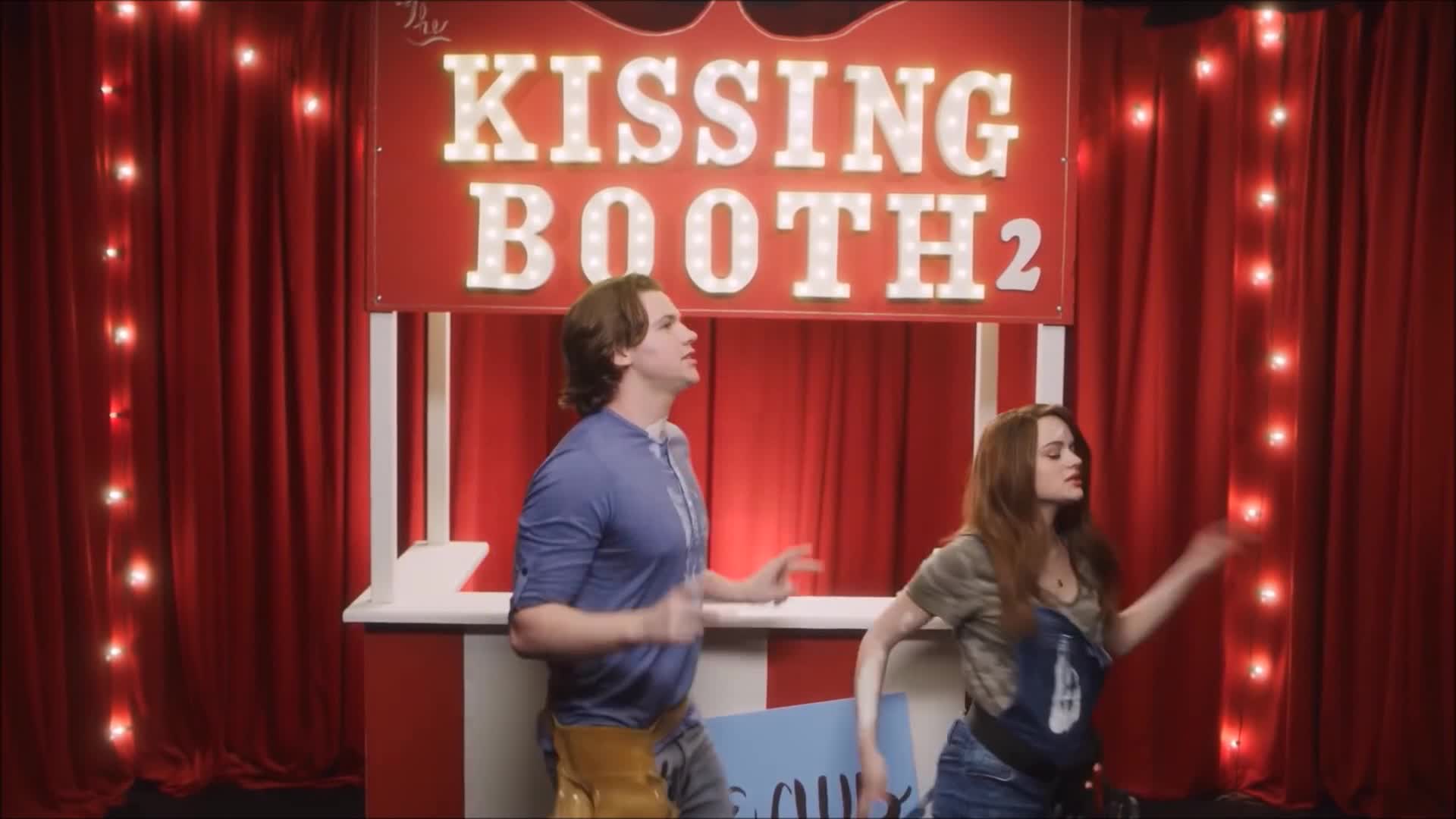True Crime Tuesdays: The Nurse
Review Overview
Performances
10Psychology
9Tension
10Helen Archer | On 13, Jun 2023
There is a specific kind of horror involved in ‘Angel of Death’ stories – those incidents in which medical professionals deliberately inflict harm on their patients. The vulnerability of the victims, combined with the complete power that hospital staff have over them – as they are confined to their hospital beds, reliant on the professionalism and knowledge of those who fill their IV drips, dole out medication and cut into their bodies – makes such incidents both relatable and reprehensible.
This four-part Danish drama, created by Kasper Barfoed and based on a true story, manages to do what few others have done before – it gets to the heart of why and how medical professionals could harm, and kill, those in their care. While much was made of Harold Shipman’s ‘God complex’, here we have a believable and recognisable portrayal of histrionic personality disorder in a medical setting.
The Nurse tells the story of Christina Aistrup Hansen (Josephine Park), a much-respected nurse working in Nykøbing Falster Hospital, which serves what is portrayed here as something of a small Danish backwater. Christina’s penchant for lying and stealing other people’s stories is noticed by novice nurse Pernille Kurzmann Larsen (Fanny Louise Bernth), whom Christina takes under her wing when she starts her first nursing appointment. The two quickly become the “Dream Team”, thanks to Christina’s lovebombing of Pernille, spending their breaks on the roof of the hospital and developing a relationship outside of work. But it is not long before Pernille starts questioning her colleague’s tall tales – although she could not initially predict the lengths to which Christina would go to receive positive attention and admiration.
The series acts as a subtle character study, including small but telling details of Christina masking herself in heavy make-up in the hospital toilets, and meetings with her ex-partner, who complains of Christina’s penchant for taking their daughter to be treated at A&E in her time off. But it is, too, very much a thriller. The now-familiar Nordic aesthetic and high production values are in evidence – much of the series is filmed within the hospital, a claustrophobic and oppressive setting, where every whisper of gossip is picked up and every small hesitation is noticed. It all builds to a crescendo of tension in the final episode, as Pernille realises that none of her superiors are going to believe her without some cold, hard evidence.
But it also offers some insight into the kind of people targeted, and the reasons why Christina was able to go undetected for so long. The hospital served a deprived area, where victims’ vices were held against them, and their deaths treated as the inevitable consequence of their own actions. There was, too, a mortality gap between this particular hospital and others in Denmark, so that a few more deaths on the wards were unremarkable. The series is at pains to show the individuality of the victims, and how much they were loved and missed.
It all acts to emphasise the banality of evil, infused with an everyday kind of horror. Pernille’s frustration at being disbelieved – the very real chance that she could ruin her career before it even started just by voicing her concerns, and the way in which she could be painted as the villain because of all the good Christina is perceived to do – emanates from the screen. Outstanding script and direction, combined with skilfully understated performances, makes The Nurse a fascinating look into a case that has a frighteningly universal relevance.



















